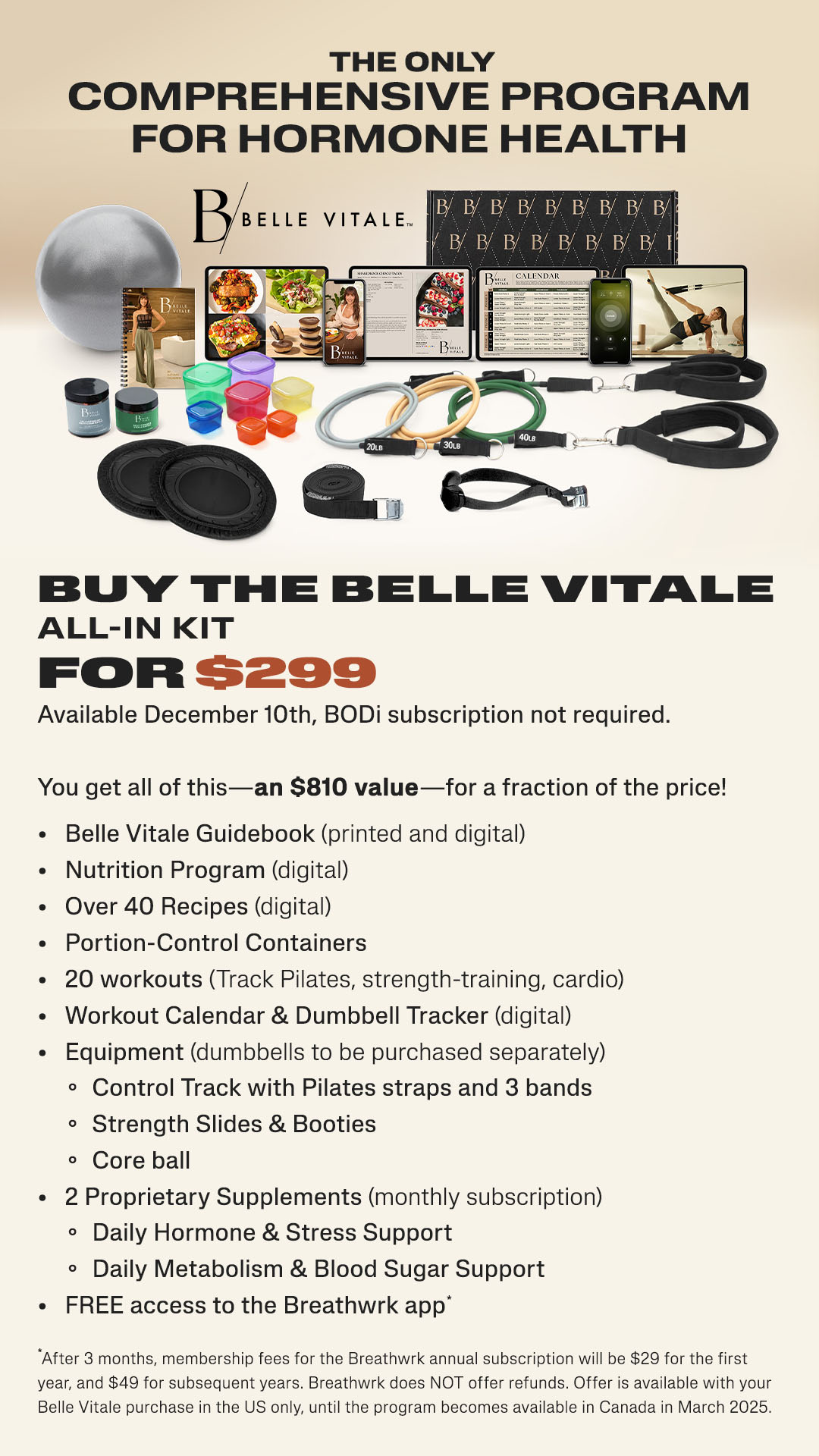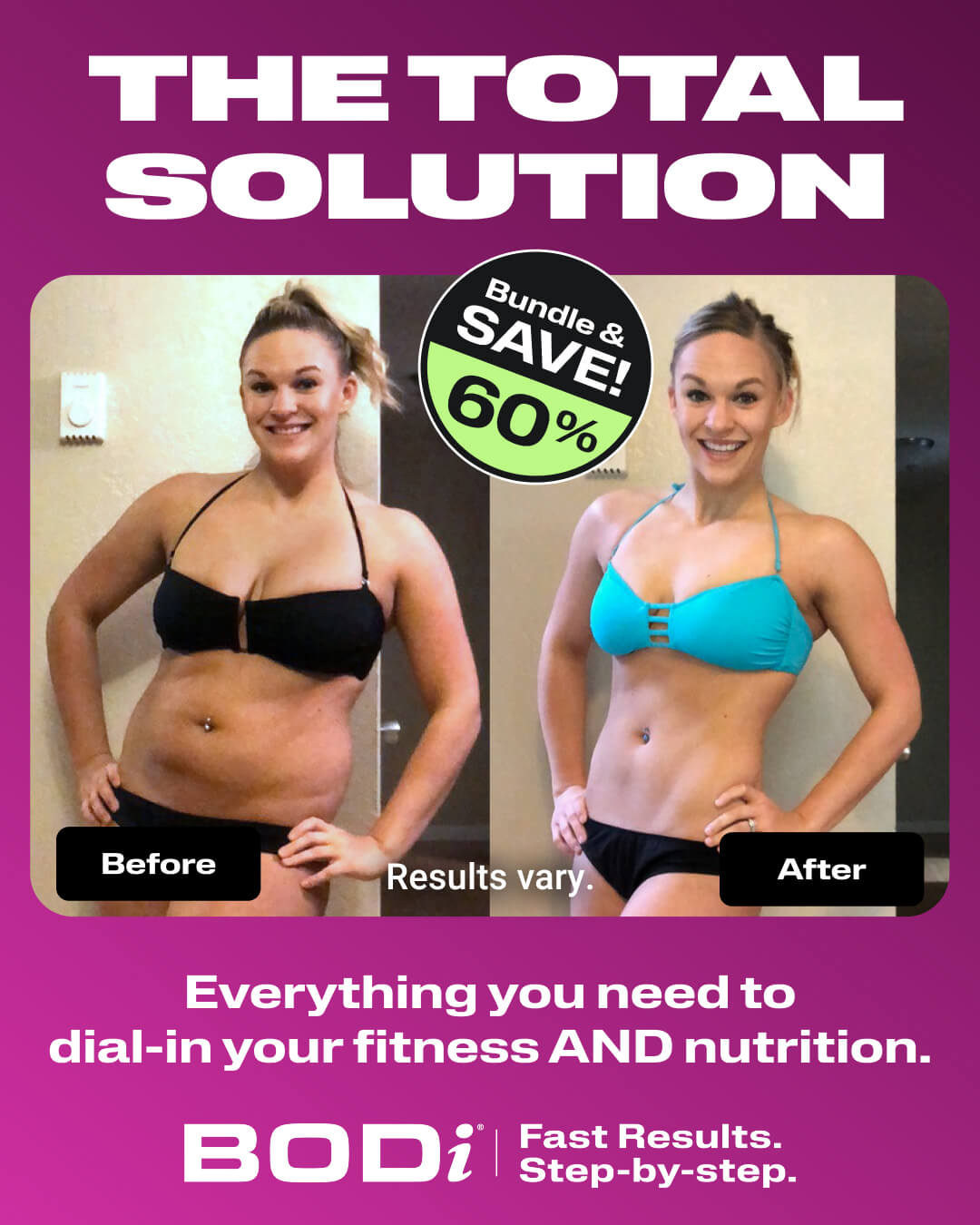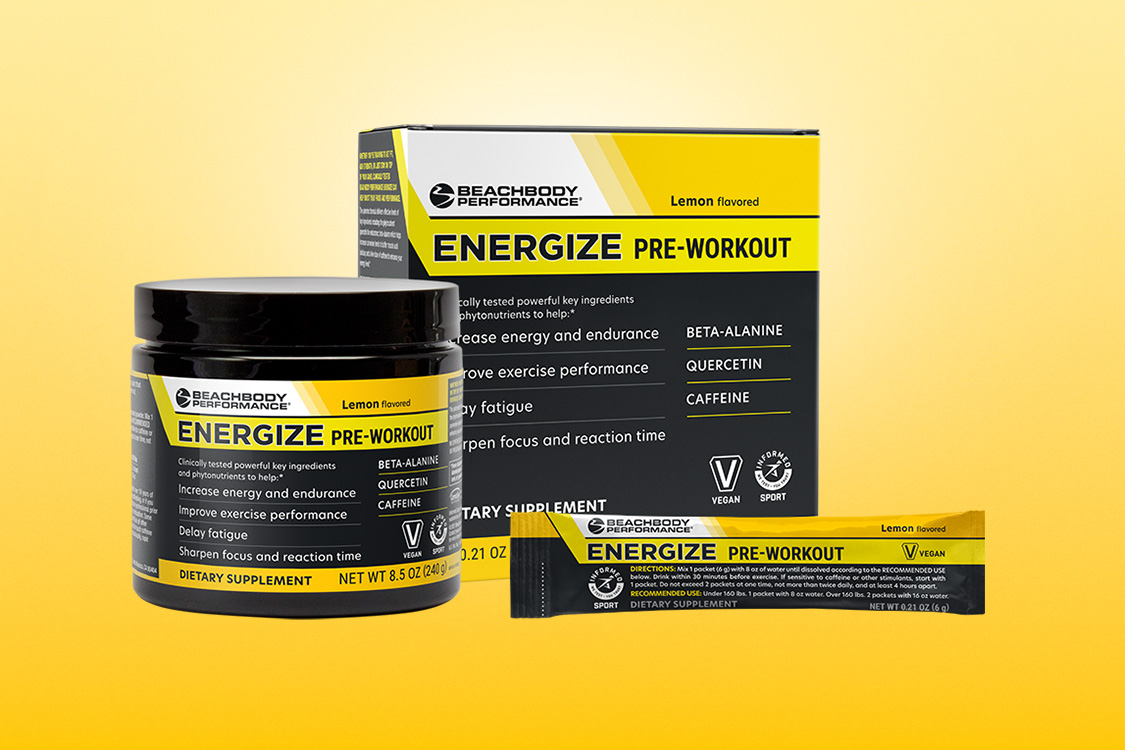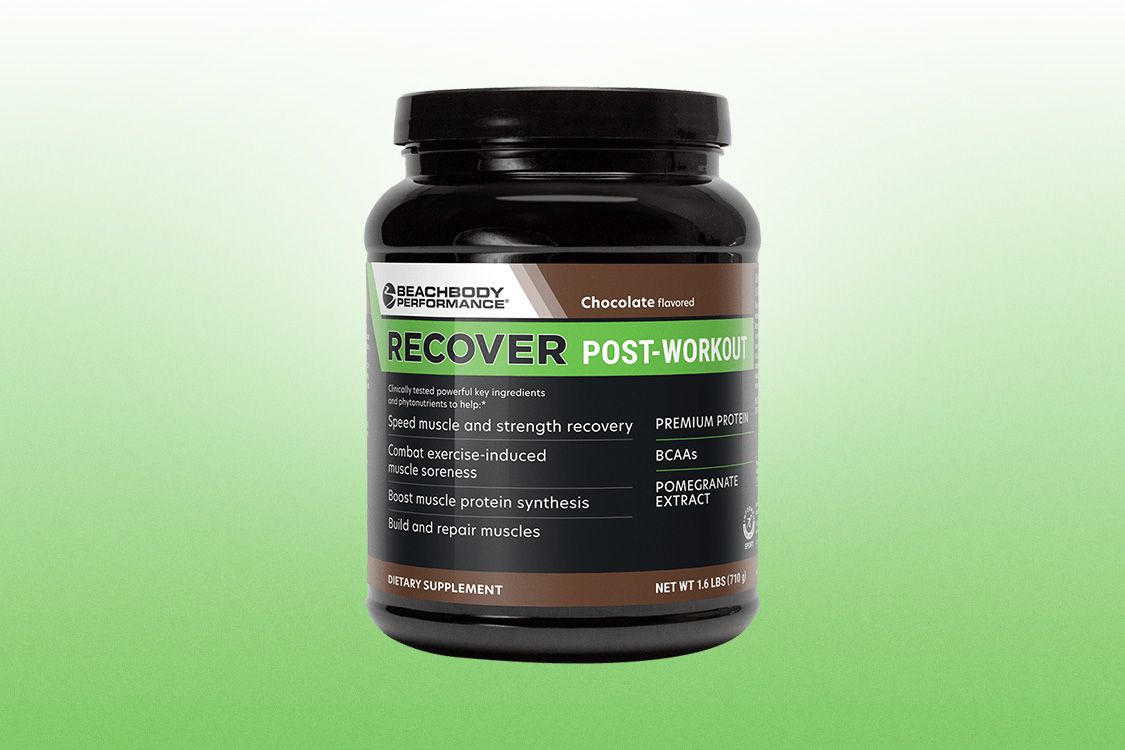5 Diet Myths and Why You Shouldn't Believe Them
From Team Beachbody - Click here for resources, tools and
information to help you to reach your health, fitness and positive lifestyle
goals!
In an attempt to cut through some of the
falsehoods, we've collected a list of 5 diet myths with why you shouldn't
believe them.
At last count, there were about 50 billion,
trillion, gazillion different diet books and diet plans out there, all touting
new, miraculous ways to shed the pounds. At first perusal, it can seem
downright baffling, so let me let you in on a little secret. At the core, any
reputable eating plan is going to basically consist of these foods, eaten at a
slight calorie deficit: mostly fresh fruits and veggies, whole grains, and lean
protein.
And yet, we still manage to screw it up.
Don't feel bad about it. Between old wives'
tales and people who just read the back covers of diet books and decide they're
experts, there is more disinformation floating around out there than across the
desk of a White House Press Secretary. (Get off your high horse. I didn't
mention which party I was talking about.)
 It doesn't matter what you
eat, as long as you eat less. All food isn't made the same. If it
were, surfing champion Laird Hamilton would live on Twinkies and Dr. Pepper.
No, the complex human body needs a variety of nutrients to work at its best.
When you're eating at a deficit, you have to make especially sure you're
covering all your bases. This becomes more important still when you're on an
exercise regimen, because your body is going to be burning extra nutrients, so
if you don't give it what it needs, it won't function as well and that will
hurt your results. So remember to take a daily multi-vitamin in addition to an
effective diet and fitness regimen. It doesn't matter what you
eat, as long as you eat less. All food isn't made the same. If it
were, surfing champion Laird Hamilton would live on Twinkies and Dr. Pepper.
No, the complex human body needs a variety of nutrients to work at its best.
When you're eating at a deficit, you have to make especially sure you're
covering all your bases. This becomes more important still when you're on an
exercise regimen, because your body is going to be burning extra nutrients, so
if you don't give it what it needs, it won't function as well and that will
hurt your results. So remember to take a daily multi-vitamin in addition to an
effective diet and fitness regimen. The less you eat, the better
your results. This is sort of true, but the theory has its limits.
True, if you're not getting enough calories, your body will use fat as fuel,
but it can only do so much of this before serious breakdown happens, so you
really need to stay above 1,200 calories. Second, your body has a mind of its
own, of sorts, so if you deprive it of food long enough, it's going to panic
and hold on to its emergency fuel supplies (we call it fat) in hopes of riding
out this difficult period. It's called "starvation mode," and when you suddenly
stop losing weight but you're only eating 1,500 calories a day, that's probably
why. The less you eat, the better
your results. This is sort of true, but the theory has its limits.
True, if you're not getting enough calories, your body will use fat as fuel,
but it can only do so much of this before serious breakdown happens, so you
really need to stay above 1,200 calories. Second, your body has a mind of its
own, of sorts, so if you deprive it of food long enough, it's going to panic
and hold on to its emergency fuel supplies (we call it fat) in hopes of riding
out this difficult period. It's called "starvation mode," and when you suddenly
stop losing weight but you're only eating 1,500 calories a day, that's probably
why.  Limit yourself to fats and
proteins. "Low carbing" can be okay in moderation. "No carbing"? Not
so okay. Yes, there is some benefit to upping the protein for a while, but you
still need some carbs. They are your primary fuel source. Using anything else
for food is extremely stressful, especially for your body's fuel processing
center, the kidneys. Limit yourself to fats and
proteins. "Low carbing" can be okay in moderation. "No carbing"? Not
so okay. Yes, there is some benefit to upping the protein for a while, but you
still need some carbs. They are your primary fuel source. Using anything else
for food is extremely stressful, especially for your body's fuel processing
center, the kidneys. Bananas and carrots are bad.
This comes from the whole glycemic index (GI) craze. GI proponents say that
carrots and bananas are low in fiber but high in sugar, so they should be
avoided. Nonsense. First off, eating fresh fruits or veggies is a little
different from eating, say, jelly beans, because fresh produce is loaded with
vitamins and minerals and it does have some fiber. We dare anyone to find us an
overweight person whose biggest indulgence is a banana. Bananas and carrots are bad.
This comes from the whole glycemic index (GI) craze. GI proponents say that
carrots and bananas are low in fiber but high in sugar, so they should be
avoided. Nonsense. First off, eating fresh fruits or veggies is a little
different from eating, say, jelly beans, because fresh produce is loaded with
vitamins and minerals and it does have some fiber. We dare anyone to find us an
overweight person whose biggest indulgence is a banana.  Just
look for "fat free" or "sugar free" products. This is just the
sneakiest marketing ploy in the world. Simply put, "fat free" doesn't mean
"sugar free" and vice versa. Cotton candy is fat free. Is it a diet food?
Butter is sugar free. Is it a diet food? In the rare event that you find
something that's fat AND sugar free, it might be okay, like some fat-free
cheeses. But odds are it's going to taste like cardboard. Just
look for "fat free" or "sugar free" products. This is just the
sneakiest marketing ploy in the world. Simply put, "fat free" doesn't mean
"sugar free" and vice versa. Cotton candy is fat free. Is it a diet food?
Butter is sugar free. Is it a diet food? In the rare event that you find
something that's fat AND sugar free, it might be okay, like some fat-free
cheeses. But odds are it's going to taste like cardboard. |
Of course, as soon as diet number 50 billion,
trillion, gazillion and one comes out, there'll surely be another set of myths
to dispel. This is a good starting point, though. But if all else fails, just
remember our mantra: "Create a diet consisting mostly of fresh fruits and
veggies, whole grains and lean protein. Eat those foods at a slight calorie
deficit."

 It doesn't matter what you
eat, as long as you eat less. All food isn't made the same. If it
were, surfing champion Laird Hamilton would live on Twinkies and Dr. Pepper.
No, the complex human body needs a variety of nutrients to work at its best.
When you're eating at a deficit, you have to make especially sure you're
covering all your bases. This becomes more important still when you're on an
exercise regimen, because your body is going to be burning extra nutrients, so
if you don't give it what it needs, it won't function as well and that will
hurt your results. So remember to take a daily multi-vitamin in addition to an
effective diet and fitness regimen.
It doesn't matter what you
eat, as long as you eat less. All food isn't made the same. If it
were, surfing champion Laird Hamilton would live on Twinkies and Dr. Pepper.
No, the complex human body needs a variety of nutrients to work at its best.
When you're eating at a deficit, you have to make especially sure you're
covering all your bases. This becomes more important still when you're on an
exercise regimen, because your body is going to be burning extra nutrients, so
if you don't give it what it needs, it won't function as well and that will
hurt your results. So remember to take a daily multi-vitamin in addition to an
effective diet and fitness regimen. The less you eat, the better
your results. This is sort of true, but the theory has its limits.
True, if you're not getting enough calories, your body will use fat as fuel,
but it can only do so much of this before serious breakdown happens, so you
really need to stay above 1,200 calories. Second, your body has a mind of its
own, of sorts, so if you deprive it of food long enough, it's going to panic
and hold on to its emergency fuel supplies (we call it fat) in hopes of riding
out this difficult period. It's called "starvation mode," and when you suddenly
stop losing weight but you're only eating 1,500 calories a day, that's probably
why.
The less you eat, the better
your results. This is sort of true, but the theory has its limits.
True, if you're not getting enough calories, your body will use fat as fuel,
but it can only do so much of this before serious breakdown happens, so you
really need to stay above 1,200 calories. Second, your body has a mind of its
own, of sorts, so if you deprive it of food long enough, it's going to panic
and hold on to its emergency fuel supplies (we call it fat) in hopes of riding
out this difficult period. It's called "starvation mode," and when you suddenly
stop losing weight but you're only eating 1,500 calories a day, that's probably
why.  Limit yourself to fats and
proteins. "Low carbing" can be okay in moderation. "No carbing"? Not
so okay. Yes, there is some benefit to upping the protein for a while, but you
still need some carbs. They are your primary fuel source. Using anything else
for food is extremely stressful, especially for your body's fuel processing
center, the kidneys.
Limit yourself to fats and
proteins. "Low carbing" can be okay in moderation. "No carbing"? Not
so okay. Yes, there is some benefit to upping the protein for a while, but you
still need some carbs. They are your primary fuel source. Using anything else
for food is extremely stressful, especially for your body's fuel processing
center, the kidneys. Bananas and carrots are bad.
This comes from the whole glycemic index (GI) craze. GI proponents say that
carrots and bananas are low in fiber but high in sugar, so they should be
avoided. Nonsense. First off, eating fresh fruits or veggies is a little
different from eating, say, jelly beans, because fresh produce is loaded with
vitamins and minerals and it does have some fiber. We dare anyone to find us an
overweight person whose biggest indulgence is a banana.
Bananas and carrots are bad.
This comes from the whole glycemic index (GI) craze. GI proponents say that
carrots and bananas are low in fiber but high in sugar, so they should be
avoided. Nonsense. First off, eating fresh fruits or veggies is a little
different from eating, say, jelly beans, because fresh produce is loaded with
vitamins and minerals and it does have some fiber. We dare anyone to find us an
overweight person whose biggest indulgence is a banana.  Just
look for "fat free" or "sugar free" products. This is just the
sneakiest marketing ploy in the world. Simply put, "fat free" doesn't mean
"sugar free" and vice versa. Cotton candy is fat free. Is it a diet food?
Butter is sugar free. Is it a diet food? In the rare event that you find
something that's fat AND sugar free, it might be okay, like some fat-free
cheeses. But odds are it's going to taste like cardboard.
Just
look for "fat free" or "sugar free" products. This is just the
sneakiest marketing ploy in the world. Simply put, "fat free" doesn't mean
"sugar free" and vice versa. Cotton candy is fat free. Is it a diet food?
Butter is sugar free. Is it a diet food? In the rare event that you find
something that's fat AND sugar free, it might be okay, like some fat-free
cheeses. But odds are it's going to taste like cardboard.



